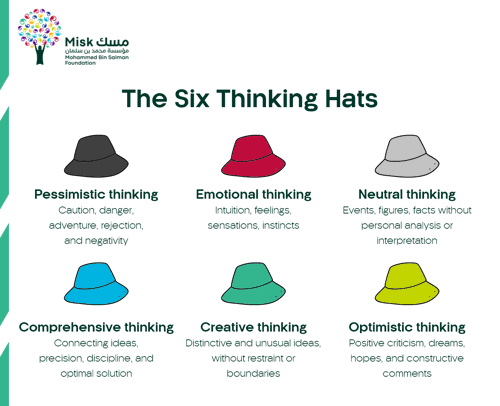
Imagine if one traveled back in time, to an era when our ancestors inhabited caves and gathered around warming fires. They did not possess sophisticated tools or modern technologies, but they did hold something important: creativity.
They utilized their creativity to fashion tools that aided survival, and they devised means to communicate and express themselves, as well as to coexist communally. Innovation is a fundamental characteristic of humankind, and distinguishes us from other living creatures. Innovation across the centuries has led us to discover fire, develop the wheel, invent writing, and construct great civilizations.
Innovation is generally defined as the process of cultivating novel ideas and innovative solutions to address challenges and achieve enhanced outcomes. Innovation is commonly associated with scientific and technological fields, but also incorporates other domains such as arts, design, business, and social policy.
Yet what of social innovation? What does this relatively new term signify? Social innovation denotes the application of fresh ideas and solutions to address social issues and better people's lives. It represents a type of innovation focusing on individuals, their needs, and challenges.
Therefore, what differentiates social innovation from regular innovation? Social innovation centers on societal solutions, while regular innovation focuses on products and services. Social innovation necessitates participation and cooperation among diverse stakeholders, whereas regular innovation can be performed by individuals or small groups. The impact of social innovation proves difficult to accurately quantify, whereas the impact of ordinary innovation can be measured more easily
However, social innovation is not merely a tool for solving problems, but rather a philosophy believing in the possibility of cultivating a better world for all and constructing a more just and sustainable future. Why is social innovation important?
How do we become social innovators and change makers? Since civilization's dawn, humans have emerged with their unique ability to create and innovate. From the wheel's invention, through fire's discovery, to technological revolution, innovators have drawn the map of human civilization, leaving their mark on every aspect of our lives.
But who are the innovators? Are they exceptional geniuses with supernatural abilities? Or are they ordinary people with curiosity and determination? American writer and lecturer Stephen Covey answers us in his book, "The 7 Habits of Highly Effective People," stating: "Innovators are those with the capacity to see what does not exist, imagine what could be, and then transform that imagination into reality."
American writer Edward de Bono emphasizes in his book "Six Thinking Hats" that: "Innovation is not restricted to a limited number of individuals, but rather it is a skill that can be learned and developed through practice and creative thinking."

American writer Tim Ferriss notes in his book “The 4-Hour Workweek” that “Innovators are people who are not afraid of failure, learn from their mistakes, and continue to try new ideas until they reach success.”
From this, we can understand the characteristics of social innovators:
In fact, there is no single prescribed approach to creating solutions for societal challenges, as the methodology for social innovation depends on the specific issue and local context. However, we can follow these general steps:
Developing innovative solutions to societal challenges is a creative process aimed at enacting positive change. By generating new ideas and approaches, we can enhance people's lives and build more just and prosperous societies. However, how might innovating community-based solutions influence individual behavior and those around them?
The Impact of Social Innovation on Individual Behavior:
The Impact of Social Innovation on Societal Culture:
Finally, the Saudi scene is full of creative initiatives that strive to bring about positive change in various aspects of life. These initiatives vary to include the fields of education, health, environment, economy, culture, and many others. Among these inspiring examples of social innovation initiatives in the Kingdom of Saudi Arabia are:
The Innovation Diwan from Misk:
Its sections include community engagement, health, economic development, education and training, environment and energy. They benefited from a unique educational experience, empowering support, and building meaningful relationships.
This is an ambitious national initiative launched by the Kingdom of Saudi Arabia in 2021 with the aim of combating climate change, raising the quality of life, and protecting the planet for future generations. This initiative aims to achieve the goals of the Kingdom of Saudi Arabia in the field of environmental sustainability and protect the Saudi environment for future generations. Green Saudi Arabia focuses on initiatives such as planting trees, protecting the environment, and developing renewable energy sources.
Whether you are an individual or an organization, you can join this initiative and help protect our planet Earth by submitting ideas and initiatives in social innovation.